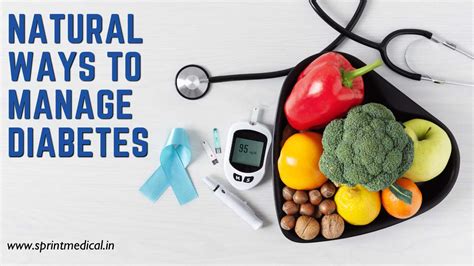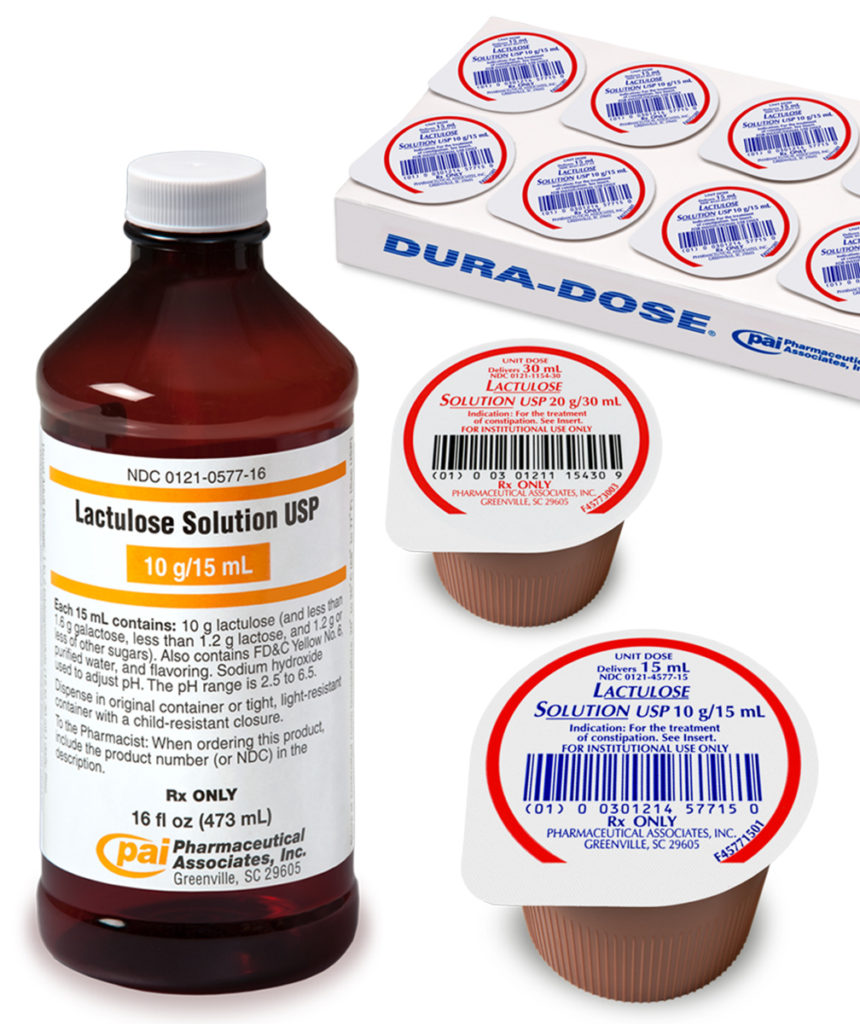12+ Ways To Manage Diabetes Blood Sugar Levels Naturally

Living with diabetes requires a comprehensive approach to managing blood sugar levels. While medication and insulin therapy are crucial for many individuals, incorporating natural methods can significantly enhance blood sugar control, reduce medication dependence, and improve overall health. Here are 12+ ways to manage diabetes blood sugar levels naturally, categorized for ease of understanding.
Dietary Adjustments
Focus on Fiber-Rich Foods: Foods high in fiber, such as fruits, vegetables, whole grains, and legumes, can help slow the absorption of sugar into the bloodstream, thereby preventing sudden spikes in blood sugar levels. Aim for at least 25 grams of fiber per day.
Choose Foods with a Low Glycemic Index: The glycemic index is a measure of how quickly foods raise blood sugar levels. Opting for foods with a low glycemic index, such as whole grains, non-starchy vegetables, and most fruits, can help manage blood sugar levels more effectively.
Incorporate Healthy Fats: Foods rich in healthy fats, like avocados, nuts, and olive oil, can help slow down the digestion of carbohydrates and reduce the impact on blood sugar levels.
Stay Hydrated: Drinking plenty of water can help the body regulate blood sugar levels and improve insulin sensitivity. Sometimes, thirst can be mistaken for hunger or a craving for sugary drinks, which can worsen blood sugar control.
Lifestyle Modifications
Regular Physical Activity: Exercise is a cornerstone of diabetes management. Regular physical activity can improve insulin sensitivity, reduce blood sugar levels, and help with weight management. Aim for at least 150 minutes of moderate-intensity aerobic exercise, or 75 minutes of vigorous-intensity aerobic exercise, or a combination of both, per week, along with strength-training activities on two or more days a week.
Stress Management: Chronic stress can raise blood sugar levels and worsen diabetes symptoms. Practices like yoga, meditation, and deep breathing exercises can help manage stress and improve blood sugar control.
Good Sleep Habits: Getting enough sleep is crucial for overall health, including blood sugar management. Poor sleep quality and short sleep duration can disrupt hormones that regulate blood sugar levels and appetite, leading to poor blood sugar control.
Natural Supplements and Herbs
Berberine: This natural compound has been shown to have a significant impact on lowering blood sugar levels and improving insulin sensitivity. Consult with a healthcare provider before starting any supplements.
Chromium: Chromium supplements can improve insulin sensitivity and glucose metabolism. However, it’s essential to consult with a healthcare provider to determine the right dosage.
Apple Cider Vinegar: Some studies suggest that apple cider vinegar can help lower blood sugar levels by improving insulin sensitivity and reducing the digestion of starches.
Monitoring and Management
Regular Blood Sugar Monitoring: Keeping track of blood sugar levels can help identify patterns and make necessary adjustments to diet and lifestyle. Regular monitoring can also provide motivation to stick to a management plan.
Educational Support: Learning as much as possible about diabetes, its management, and how different foods and activities affect blood sugar levels can empower individuals to make informed decisions about their health.
Additional Strategies
Weight Management: For individuals who are overweight or obese, losing weight can significantly improve blood sugar control. Even a small amount of weight loss can make a difference.
Limit Alcohol and Quit Smoking: Both alcohol and smoking can worsen diabetes symptoms and make it harder to manage blood sugar levels. Limiting alcohol consumption and quitting smoking can significantly improve health outcomes.
Get Enough Vitamin D: Vitamin D deficiency has been linked to an increased risk of diabetes and worse blood sugar control. Ensuring adequate vitamin D levels through sunlight exposure, diet, or supplements (under medical guidance) can be beneficial.
Incorporating these natural strategies into a comprehensive diabetes management plan can lead to better blood sugar control, reduced medication dependence, and an overall improvement in quality of life. However, it’s crucial to work closely with a healthcare provider to ensure that any changes to diet, lifestyle, or supplements are safe and effective for individual circumstances.
What is the best way to start managing diabetes naturally?
+Starting with small, achievable changes to diet and lifestyle, such as increasing fiber intake and incorporating regular physical activity, can be an effective way to begin managing diabetes naturally. It's also crucial to work closely with a healthcare provider to monitor progress and adjust the management plan as needed.
How long does it take to see improvements in blood sugar levels with natural management strategies?
+Improvements in blood sugar levels can vary depending on the individual, the severity of diabetes, and the consistency of implementing natural management strategies. Some people may see improvements within a few weeks, while others may take a few months. Regular monitoring and patience are key.
Can natural strategies replace medication for diabetes management?
+While natural strategies can significantly improve blood sugar control, they may not entirely replace the need for medication for everyone, especially those with type 1 diabetes or advanced type 2 diabetes. It's essential to work with a healthcare provider to determine the best management plan, which may include a combination of natural strategies and medication.
By embracing these natural approaches and working closely with healthcare professionals, individuals with diabetes can take a proactive and holistic approach to managing their condition, leading to better health outcomes and an improved quality of life.


